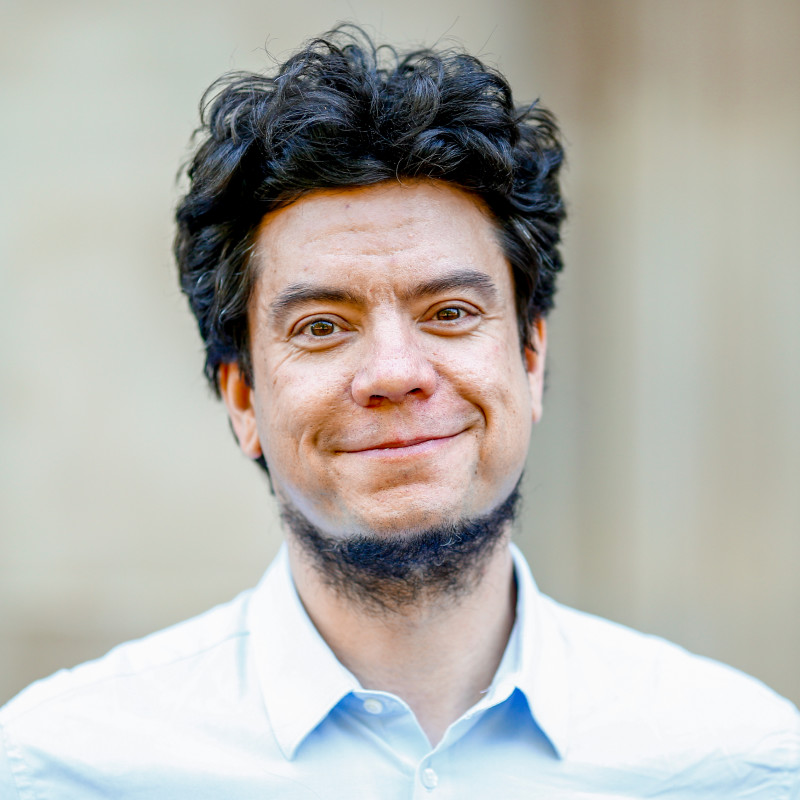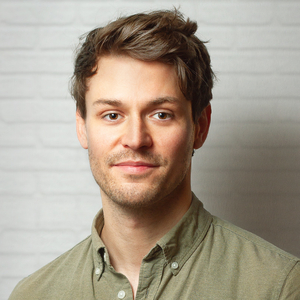Could you please introduce yourself and explain your role in the pilot project?
Antonio Brettschneider: My name is Antonio Brettschneider. I’m a professor of municipal social policy at the Cologne University of Applied Sciences, a sociologist and political scientist, and a general social policy expert. I conduct qualitative interviews as part of the accompanying research for the Basic Income Pilot Project.

Why were qualitative interviews used in this study?
Antonio Brettschneider: The main focus of the study is on quantitative research. That means people fill out surveys, which are then analysed. There are seven points in time at which participants complete these surveys—every six months. In addition, however, there’s a qualitative aspect of the study, which complements the quantitative aspect. In-depth interviews are conducted, and I conduct those. I meet with the participants three times in total for these interviews.
What can we learn about basic income through this approach?
Antonio Brettschneider: The quantitative surveys might show how participants feel over time or how they assess their overall situation. Qualitative research, however, aims to explore and systematically analyse the underlying reasons—people's subjective perceptions. So, what really happens in people's everyday lives when they receive a basic income?
And how do the interviews work?
Antonio Brettschneider: I’ve already completed two rounds of interviews, and we conducted them online. The participants sit at home in front of their laptops, and I sit at my computer. I’ve also interviewed them from their homes several times.
Which potential effects are you particularly interested in studying?
Antonio Brettschneider: For me, the main issue is autonomy—that is, the ability to determine one's own destiny. To what extent can a basic income help people shape their lives and careers in the way they truly want, both in the medium and long term? In other words, to what extent can a basic income enhance people's ability to control their own life path thanks to this financial support?
What was your first contact with the study participants like?
Antonio Brettschneider: I first contacted the participants even before the first payments were made. This was about two, three, or four weeks after they received the message that they had been selected and would actually be taking part in the study. At that point, they had just found out, and they were still processing the information.
»The aim of qualitative research is to capture people's subjective perceptions and analyse them systematically.«
How did they react to being selected?
Antonio Brettschneider: The very first reaction was disbelief, and then gradually, "No, this is really happening. It’s true." That’s quite interesting, of course, because Michael Bohmeyer’s book is called What Would You Do? and at that moment, the question shifted from a hypothetical scenario to reality: What are you going to do now?
What I also found quite interesting was: who do you talk to about it? The question immediately arises: Is this a secret? Is it something no one can know? Who can know? It’s like when you're pregnant, maybe. Who do you tell? Your best friend, your mom, your dad, your partner? And who shouldn’t know at first? People handle it in many different ways. Some kept it a total secret, as if it were almost embarrassing, while others shouted, "Yes!"
Some also initially felt pressure because it was something that would change their lives. Many people thought at first, "Okay, what do I have to do now? Do I have to do something right away?" So, people had to relax a bit. Money would eventually arrive in their accounts, but that didn’t mean they had to do anything specific the very next morning. So, it was disbelief at first, then confusion, and then joy—it varied depending on the person, their personality, and their current situation.
But basically, people were just speechless. That was the general reaction.
Produced by Marc Nikoleit


